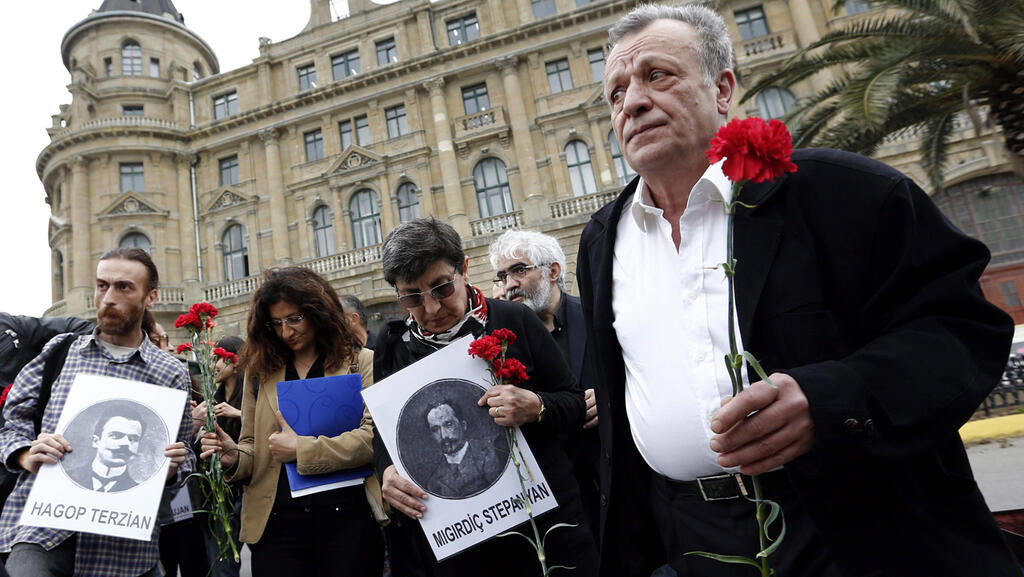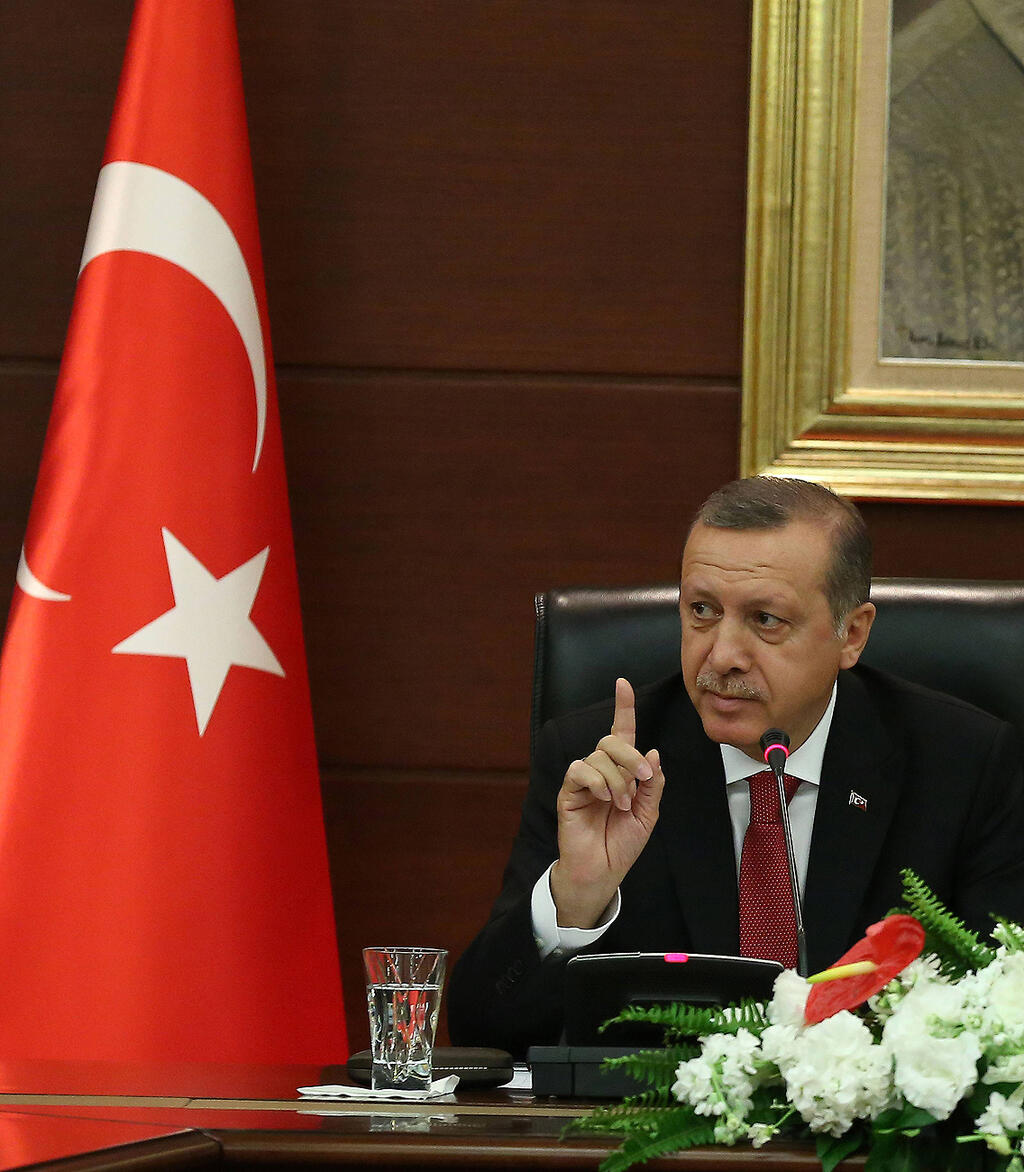The Ottoman government, driven by nationalism, racism and religious intolerance, aimed to eliminate its Christian minority populations. During World War I, Armenian Christians faced mass deportations, death marches and killings, resulting in the deaths of an estimated 1.5 million people. Similarly, the Assyrians and the Greeks, particularly in the Black Sea region, endured massacres, forced marches and expulsions, leading to hundreds of thousands of deaths.
Over 30 nations have recognized the Armenian Genocide, and another six have acknowledged the genocide of Assyrians and Pontian Greeks. Israel, however, has recognized neither.
Fearing that recognizing these historical crimes would strain relations with Turkey, Israeli politicians have opted for pragmatism over principle. This reluctance is a betrayal of Jewish values and historical truth. Notably, Jewish figures like Ambassador Henry Morgenthau, novelist Franz Werfel, and jurist Raphael Lemkin played crucial roles in raising awareness about these genocides and honoring the victims.
Prime Minister Benjamin Netanyahu has refused to recognize these genocides and even instructed Israel's Ministerial Committee on Legislation to remove bills recognizing these genocides from its agenda. These policy choices are an affront to the memory of the victims and a whitewashing of the perpetrators. Moreover, this approach has not yielded the expected diplomatic benefits; instead, Turkey continues to justify jihadism, supports Hamas and accuses Israel of genocide.
Recognizing these genocides is not only a moral imperative but also a strategic necessity for Israel. By acknowledging these atrocities, Israel can counter the myth that the Nakba was the first significant Middle Eastern tragedy of the 20th century. It would also challenge the false narrative that the Middle East was a haven of religious harmony before Zionism succeeded.
Failing to join nations as diverse as Uruguay, Lithuania and Syria in recognizing the genocide of Christians in the Middle East perpetuates the impression that Israel is susceptible to blackmail and willing to compromise its values for political expediency. Apologists of Netanyahu’s policy might argue that maintaining good relations with Turkey's ally Azerbaijan should take precedence. However, as the voting record of its ambassadors at the United Nations shows, Azerbaijan values Israeli weapons and oil purchases more than Jewish historical rights in the Holy Land.
3 View gallery


Netanyahu distinguishes between one blood and another
(Photo: Prime Minister's office)
Recognizing these genocides would strengthen Israel's diplomatic standing, particularly with Greece and Cyprus, and countries with significant Greek, Assyrian and Armenian diaspora communities. Given Greece's and Greek Cyprus' EU membership and involvement in European foreign policy, it would be a particularly important diplomatic and public relations win for Israel to recognize the Ottoman genocide of Pontian Greeks.
Israel can go further than mere recognition. It should apologize for the delayed acknowledgment and commit to defending the rights of all oppressed minorities in the Middle East. This stance would honor the legacy of Jewish figures who fought against these atrocities and reaffirm Israel’s international commitment to religious tolerance and human rights.
- The writer is an independent political analyst based in Berlin. A graduate of Yale and Hebrew University, he can be reached at [email protected].



